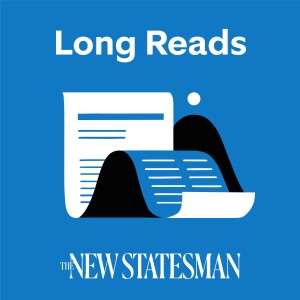
Audio Long Reads, from the New Statesman
Society & Culture

Karl Ove Knausgaard: a personal manifesto on the art of fiction
 2022-12-17
2022-12-17
Why do we read? In this essay, the Norwegian author explores meaning and purpose in the novel, from the work of Claire Keegan to Dostoevsky and DH Lawrence. The form’s power lies in its openness, he writes, its capacity to defy the absolutes of politics, philosophy or science: “It pulls any abstract conception about life… into the human sphere, where it no longer stands alone but collides with myriad impressions, thoughts, emotions and actions.”
Knausgaard considers how best to achieve this – through the emotional realism of Lawrence, or the more experiential modernism of Joyce and Woolf? For the latter two, “it was about getting near to the moment – and in the moment there is no story, only actions and thoughts”. It is also about eschewing big themes or strongly-held opinions, and instead “striving towards an actionless state of being”.
Persuasively argued, and rooted in close readings – particularly of Keegan’s Small Things Like These – this is an edited version of the 2022 New Statesman/Goldsmiths Prize Lecture, delivered at Queen Elizabeth Hall in London on 22 October.
It was first published in the New Statesman magazine on 28 October; you can read the text version here.
Written by Karl Ove Knausgaard and read by Tom Gatti.
If you enjoyed this listen to How to grow old in America
Podcast listeners can subscribe to the New Statesman for just £1 a week for 12 weeks using our special offer. Just visit newstatesman.com/podcastoffer.
Hosted on Acast. See acast.com/privacy for more information.
More Episodes
 2024-02-13
2024-02-13
 2023-11-11
2023-11-11
 2023-10-14
2023-10-14
 2023-09-19
2023-09-19
 2023-08-19
2023-08-19
 2023-08-05
2023-08-05
 2023-07-22
2023-07-22
 2023-07-08
2023-07-08
 2023-07-01
2023-07-01
Create your
podcast in
minutes
- Full-featured podcast site
- Unlimited storage and bandwidth
- Comprehensive podcast stats
- Distribute to Apple Podcasts, Spotify, and more
- Make money with your podcast
It is Free
- Privacy Policy
- Cookie Policy
- Terms of Use
- Consent Preferences
- Copyright © 2015-2024 Podbean.com




